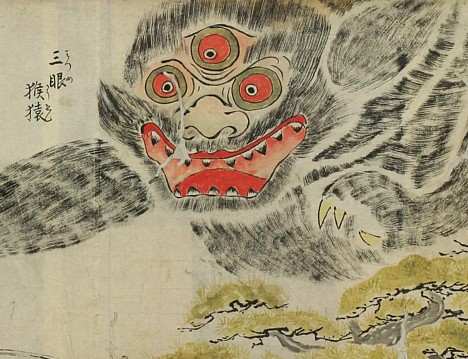
Breaking up is hard to do, and few know this better than a lifelike sex doll owner who Shizuoka police have charged with illegal dumping.
On August 21, the 60-year-old unemployed resident of Izu (Shizuoka prefecture) wrapped his 1.7-meter tall, 50-kilogram silicone girlfriend in a sleeping bag, drove to a remote wooded area, and dumped her. A nice, clean break, he thought.
But nearly two weeks later, on September 1, a couple alerted police after discovering what appeared to be a corpse while walking their dog. The body had been wrapped in a bag and bound around the neck, waist and ankles. A head of black hair protruded from one end of the bag.
Police retrieved the body and immediately launched a criminal investigation. But several hours later, when forensic pathologists began to unwrap the "corpse" to perform the post-mortem, they realized it was actually a state-of-the-art sex doll. Seeing themselves as victims of a malicious prank, the authorities vowed to track down the perpetrator and charge him with interfering with police business.
The incident quickly captured the attention of the national (and international) press. After seeing the news reports, the culprit realized the trouble he had caused and contacted police on September 6.
According to investigators, the man had lived with the sophisticated doll for several years after his wife passed away, but decided to part with her after making plans to move in with one of his children. "It seems he grew attached to the doll over the years," said the chief investigator. "He was confused about how to get rid of her. He thought it would be cruel to cut her up into pieces and throw her out with the trash, so he proceeded to dump her illegally."
The man, who regrets his lifelike doll was mistaken for a corpse, now faces fines for violating Japan's Waste Management Law.
[Source: ZAKZAK, Yomiuri]




































